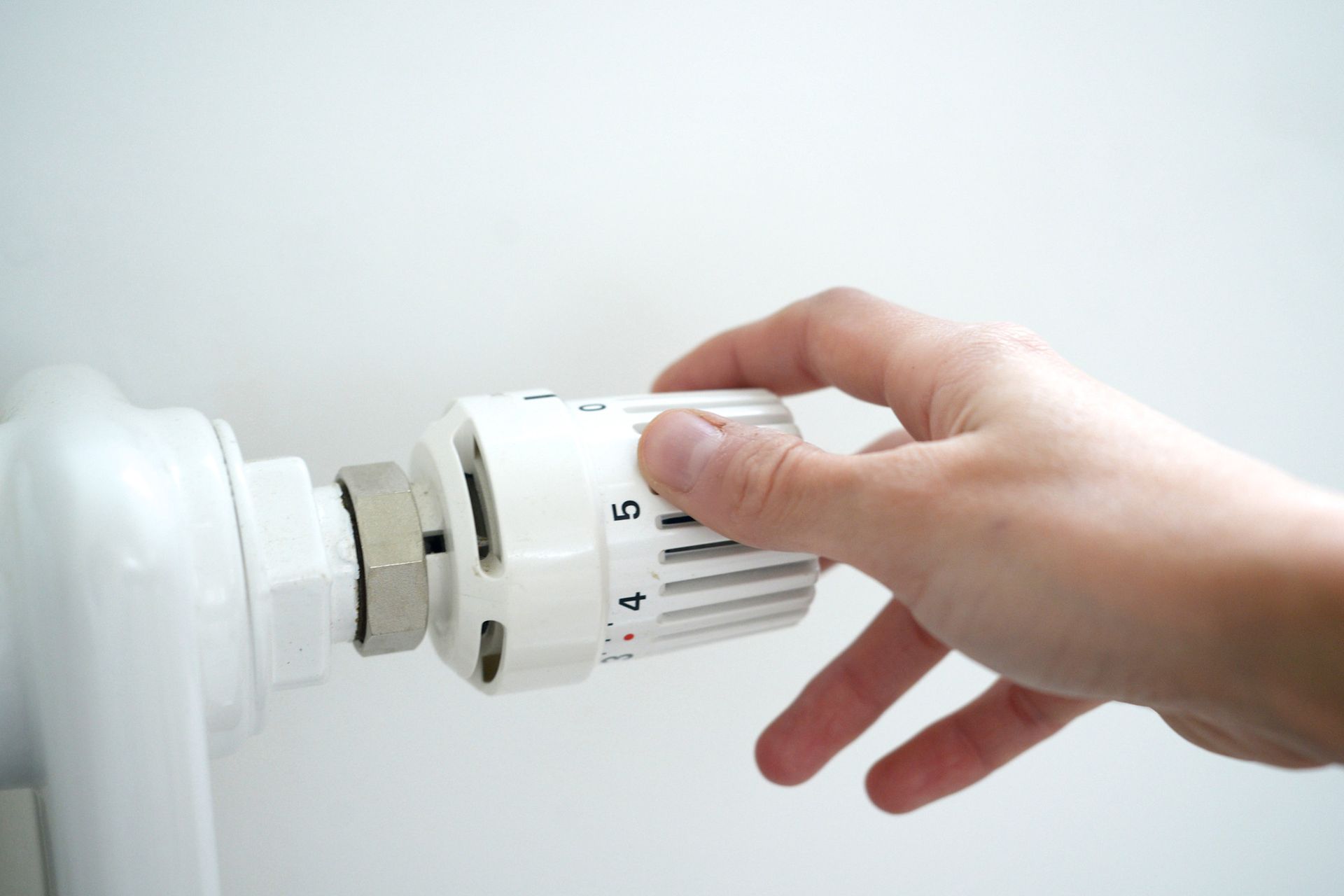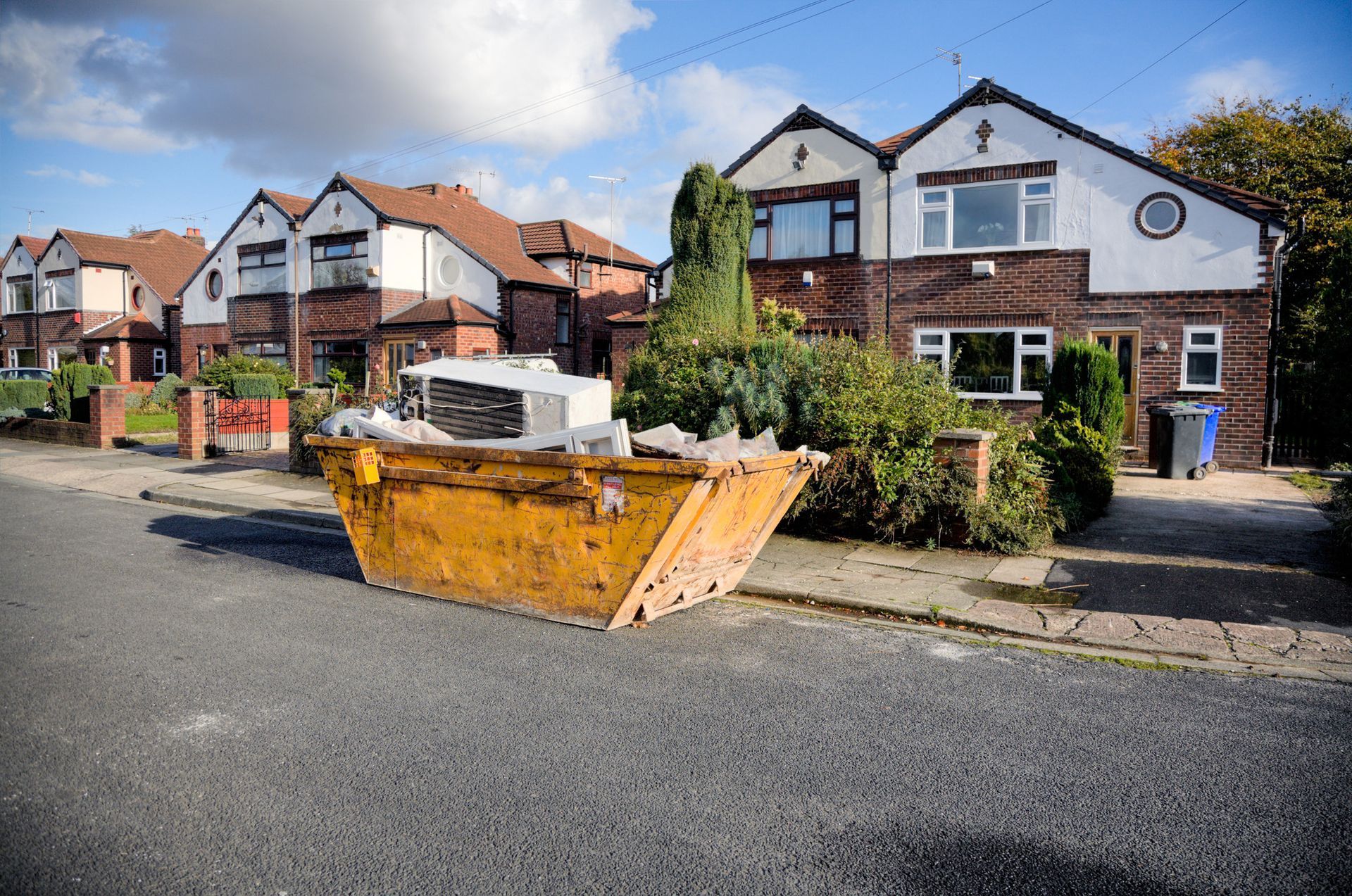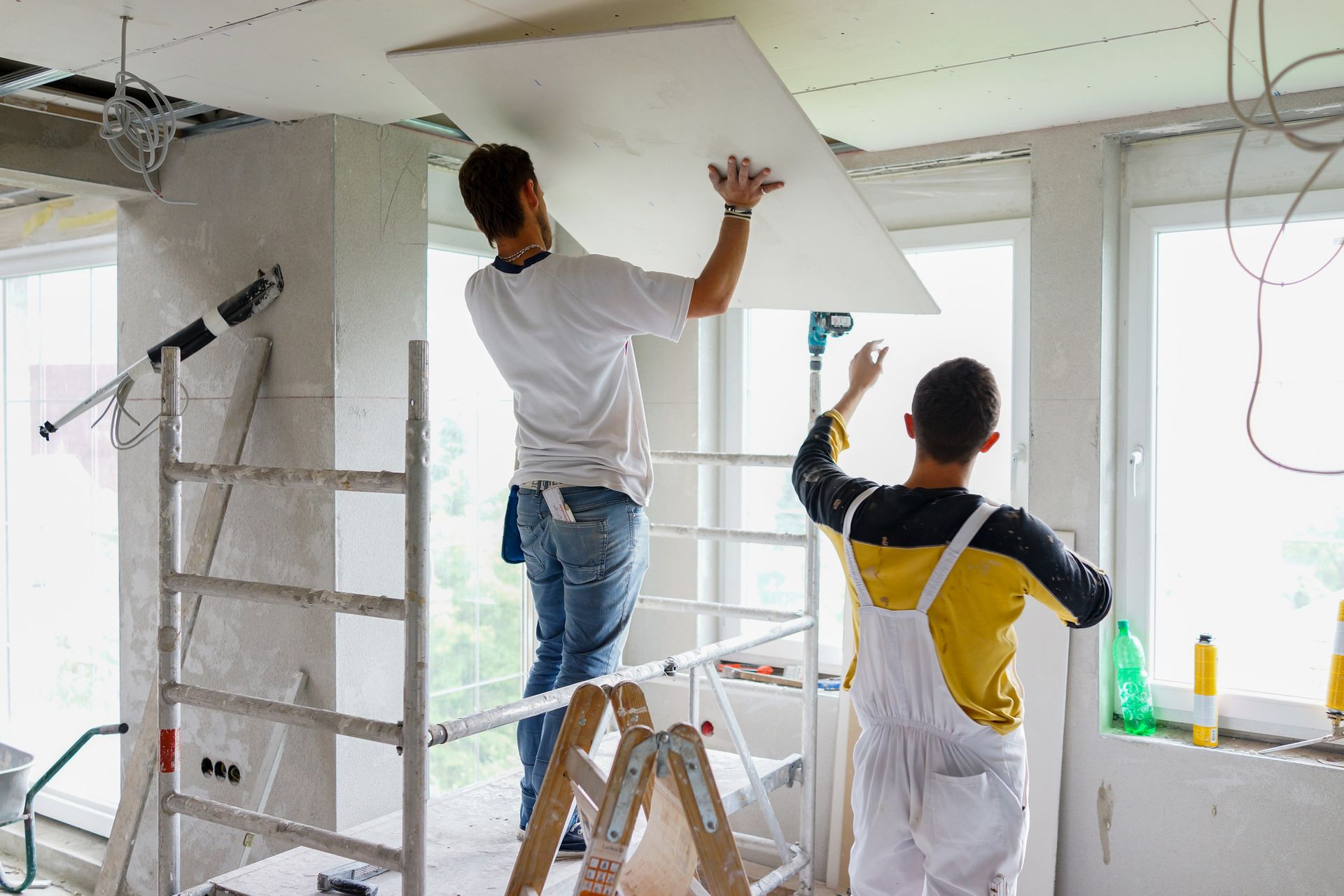Heating Experts at Yell Reveal Top Tips To Help You Save Money on Your Bills This Winter

As we bunker down into the coldest time of year, every penny counts when it comes to your household bills, especially your heating. With gas and electric prices still at an all-time high, you might be looking for alternative ways to save that all-important coin whilst staying warm this winter.
As we enter January and February, notoriously the coldest months of the year, Google search demand for “how to save money on heating” has increased by 22% since last year, and nearly 500% in the last month alone. With this in mind, at have compiled a list of tips on how best to save money on your heating bills this winter to ensure you can stay warm whilst cutting costs.
1. Bleed and Clean Your Radiator System
Every January, search terms for “how to bleed your radiator” spike to their highest across the whole year, seeing 29,000 searches on Google within the month. After a mild Winter, January has seen a lot colder temperatures with more people becoming conscious of how well their radiators work due to heating costs. Making sure that the water that lives in your pipes and radiators is clean and free of any sludge, will ensure your heating system is as effective as it possibly can be. Sludge build-up can not only increase your bills by as much as 25% with up to 36% more heat loss but will also significantly reduce the lifespan of your boiler and central heating system.
Signs of a sludgy system or one that needs bleeding include cold spots at the bottom of your radiator or finding they take longer than others to heat up fully. Regularly check your radiators by simply bleeding a little of the system water into a container from your radiator valve. This way you can keep on top of any maintenance that may be needed, as well as ensure no unnecessary money is being spent. If you are unsure, to have a look or even replace the system with a new boiler or radiator if needed.
2. Check Your Radiators are Balanced
An unbalanced heating system within your home can lead to you spending far more money heating your home than you need to. In January alone, search demand for “how to balance heating” has increased by 35% in comparison to the previous year with around 1,000 searches.
When a thermostat is set to 20 degrees Celsius, an unbalanced heating system will result in the upstairs reaching around 23 degrees, whereas the downstairs will still be much lower and too cold. However, if you turn the thermostat up higher to heat the downstairs to a higher temperature, the upstairs will then be overheated which will lead to higher energy bills.
Increasing the temperature of your thermostat by just one degree will increase your annual as it does not heat your home any faster, it will just stay on for longer as it tries to reach the higher temperature within the house. With a correctly balanced heating system, it is recommended to keep your thermostat between 18-21 degrees Celsius throughout the home to keep it at the most comfortable temperature upstairs and downstairs without significantly increasing your monthly bill.
It is important to note if you have a new boiler installed, your system will need to be re-balanced. Your will be able to provide proof of this being done.
3. Programme or Time Your Heating
Between December - February each year, search demand peaks for “how to program heating” with around 9,000 searches in Google. As many people go back to work in January, they look at ways to turn their heating on and off at more convenient times to avoid any overspending or wastage when they are out of the house more regularly.
No matter the heating system you have, programming or timing how long your heating is on is a great way to cut costs and save money this winter. A timer allows you to schedule when your boiler turns on and off over 24 hours, whereas a programmer gives you more options allowing you to set different times and temperatures throughout your week.
Consider setting your timer to go off 20 minutes before you leave the house or go to bed. That way, there will still be residue heat left in the house before you need to leave. If you want to make an investment that will save you money in the long run, installing a smart thermostat will allow you to control your heating from your phone no matter where you are. This way, if you have forgotten to turn it off before leaving, you don’t have to waste money on heating an empty home by switching it off from your phone. You might also choose to turn it on just before you arrive home so the house has heated up by the time you get in.
Speaking to your is a great idea if you are looking at making changes to save money this winter.
4. Set Your Thermostatic Radiator Valves To Low
Much like your thermostat, ensuring your thermostatic radiator valves (TRV) are set to low will save you more money than you may realise. You can then gradually turn these up until the room’s left at the desired temperature.
Turning your TRV to a higher setting will not heat the room any quicker as this depends on the size and setting of your boiler. All this will do is spend more money and use more energy for longer as it tries to get the room to a hotter temperature. Heating costs can be significantly reduced by ensuring your radiator can circulate the heat properly, even at a lower setting. Make sure there is no furniture blocking the radiator, curtains are not covering them, and cabinets are not used to disguise them. This way your room will heat swiftly without having to whack the thermostat up too high.
5. Stop Draughts
There is no easier way to save money on your heating bills than by ensuring any window and door draughts are blocked out. .
Draft proofing your home will vary depending on what level of proofing you need so it is worth identifying the ‘problem areas’ as soon as possible. Many draught-proofing hacks can be carried out by homeowners and won't cost much to do. A great hack is adding metal brushed windows and draught excluders to your frames. This way, you will be able to keep out the cold and reduce the amount of hot air that is being lost and therefore money that is going to waste.
As well as doors and windows, many older properties have open chimneys, which are known for letting out significant amounts of heat. Consider blocking the chimney with an inflatable chimney pillow or fitting a cap to your chimney pot.
If you are not comfortable fitting these yourself, is quick and simple.
Ticking Off Your Money-Saving Checklist
Saving money on your bills this winter is an easy process, and by following this expert-approved checklist, you can avoid any surprises or expensive bills over the colder months whilst staying warm and comfortable.
��������
Yell Ltd exists to connect businesses and consumers via its leading marketplace for local services and offering managed digital marketing helping businesses to find, connect and sell to consumers online. Yell Ltd is a proud Google Premier Partner, Microsoft Advertising Elite Channel Partner, and Meta Business Partner.
Learn more at and our Media Centre
Visit our social media channels: , , ,
Download the free Yell consumer app from the or
Download the free �������� for Business app from the or
For media enquiries, please email:



Follow us on
© �������� 2024. Registered office: 3 Forbury Place, Forbury Road, Reading, RG1 3YL. Registered in England & Wales No: 12315720. VAT No: GB 765 346 017. All rights reserved. ‘Yellow Pages’, ‘Yell’ are trademarks of Yell Limited or its licensors. Other trademarks, service marks, logos, and domain names are the property of their respective owners.